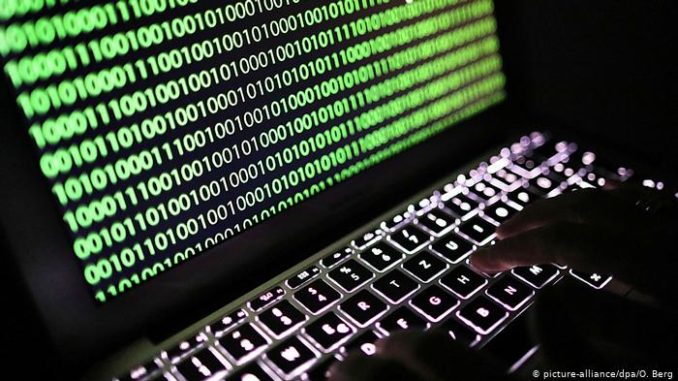

In a case that sparked widespread criticism from digital rights groups, police arrested Swedish programmer and internet activist Ola Bini in Quito on April 11.Changes to a similar provision in the reformed Communication Law were still pending (see C1). In August 2018, the Constitutional Court nullified 2015 amendments to Ecuador’s Constitution, eliminating the characterization of communication as a "public service" and potentially restoring it to a right.Changes included the elimination of the notorious media regulator, which was in charge of monitoring media content, investigating journalists, and issuing fines and other sanctions (see C2). In February 2019, the National Assembly ratified reforms to the repressive Organic Communication Law.A deepening feud between Correa and Moreno resulted in the ruling party splitting into two different movements: Alianza PAIS, led by president Moreno and “Revolución Ciudadana” (Citizens’ Revolution), led by his predecessor. President Moreno’s administration, which came to power in 2017, has taken steps to strengthen democratic governance and remove restrictions on civil society and press freedom, in a move away from repressive policies espoused by his predecessor Rafael Correa. While public institutions have largely stopped filing politically-motivated takedown notices on copyright grounds, several account suspensions on Twitter targeted sensitive discussions related to the previous government. Newly approved reforms to the repressive Communication Law promise a more open environment for independent media outlets, although provisions criminalizing certain forms of speech are still in place. Emergency Assistance and Thematic ProgramsĮcuador’s internet freedom improved for a second year in a row, as government-led tactics to restrict and punish online activities and skew public debates eased under the new administration of President Lenín Moreno.Afghanistan Human Rights Coordination Mechanism.Government Accountability & Transparency.#LiberenaPaulCoyote (Free Paul Coyote) I'm free. Rafael Correa's name.” On his end, President Correa said that he has nothing to hide, and called for the blogger's release on his Saturday broadcast:Īfter his release, Paúl Moreno ( announced to his Twitter Estoy libre. On December 1, Paúl Moreno sent a letter asking forgiveness “for any misunderstanding that may have been caused by the misuse of Mr. Several media outlets, like Diario Hoy , Expreso and El Universo published news of the arrest. Rafael Méndez Meneses ( explained the media's attitude toward the blogger's arrest on his blog . To demonstrate support for the blogger and the security of the people of Ecuador, on November 30 the Ecuador Cyber Army hacked both public and private websites . On November 30, the National Bureau of Public Records ( DINARDAP ) sent out a press release stating their reasons for filing a suit against Moreno, in accordance with the law, with the district attorney's office. Moreover, a post on hackeruna indicates that on March 7 (the date on which was officially launched) vulnerabilities in the platform had already been detected. Moreno said on his blog that the he found the flaw in the system by using easily accessible information on Ecuadorian President Rafael Correa. Moreno had demonstrated that the government website lacks adequate security mechanisms for obtaining data on its citizens. On the afternoon of December 3, Paúl Moreno, the Ecuadorian blogger who had been arrested on charges of fraudulent access to computer systems and databases, was released.


 0 kommentar(er)
0 kommentar(er)
